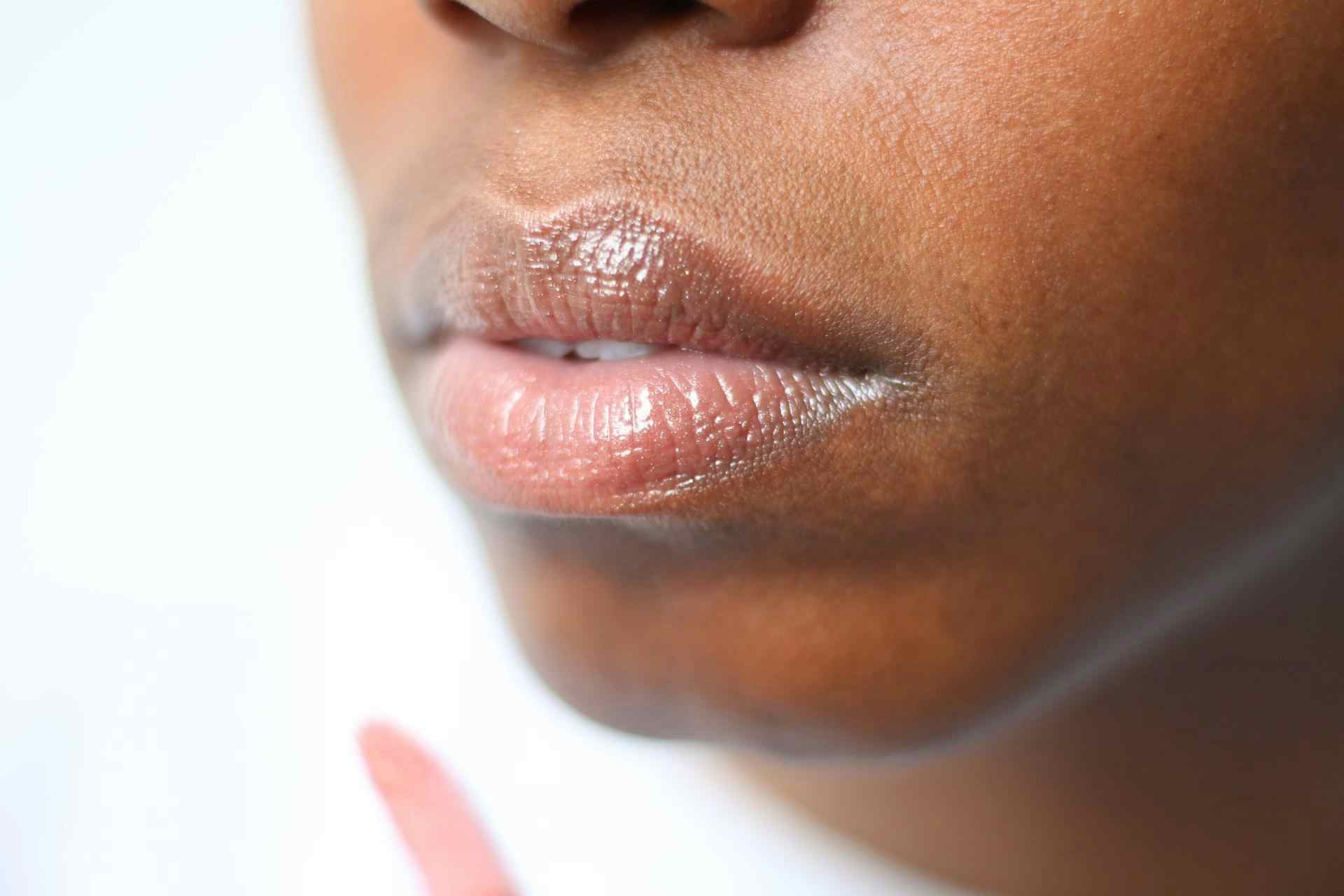We all hope to avoid oral health concerns. Whether it's bleeding gums or loose teeth, it's an experience we could all do without.
These concerns only amplify when symptoms like canker sores arise. The majority of these sores are benign and resolve on their own. However, it's crucial to understand the potential crossover between canker sores and conditions such as oral cancer.
So, when should you seek medical attention? In the next 5 minutes, you'll have some clarity on the distinctions between canker sores and mouth cancer. By familiarising yourself with these different causes, symptoms, and warning signs, you'll better understand when to visit your doctor and when to throw your worries to the wind.
Understanding canker sores: causes and symptoms
If you've never experienced a canker sore, consider yourself lucky. These annoying ulcers pop up inside or on the roof of the mouth and can be a real pain. The exact cause of them is still a mystery. However, a few things can include:
- Minor mouth injuries
- Poorly fitted dentures
- Hormonal changes
- Stress
- Poor nutrition
- Immune system disorders
So, what do they look like? Canker sores, also known as aphthous ulcers, surface as shallow ulcers that look like white patches with a yellow center and an outer red patch. They can appear on your cheeks, lips, tongue, or throat, making everyday activities like eating and talking quite challenging.
Here’s the good news. Most canker sores heal on their own within a couple of weeks. But, if you're dealing with severe or recurrent sores, it's best to seek advice from a healthcare professional. They can give you a proper diagnosis and ensure there aren't any underlying health issues causing all the trouble.
Identifying the differences: canker sores and cancer
Now, canker sores and oral cancer are NOT the same thing. Although both are guilty of wreaking havoc in your mouth, they're comparatively different from one another.
As previously mentioned, canker sores are those annoying mouth ulcers that show up from time to time. They temporarily make us miserable before vanishing as quickly as they appeared. On the other hand, mouth cancer is a condition that requires immediate attention. Symptoms of oral cancer can include:
- Speech problems
- Difficulty swallowing
- A lump in your neck
- Mouth sores that won't heal
Although canker sores are mostly harmless, they can sometimes raise these red flags that suggest something more serious is on the horizon.
So, if you're dealing with one or a combination of these symptoms, a trip to your doctor's office is advised. Don't panic, but don't ignore it either. Your oral health matters and it's always better to be on the safe side.
Early detection: cancer prevention
Early detection is a superhero against all types of cancer. It can make an incredible difference when it comes to prevention. When we catch cancerous cells in their early stages, the chances of successful treatment skyrocket.
It's important to have regular oral cancer screenings to catch any abnormalities, like cancerous lesions, early on. This gives you an advantage in the fight against cancer, increasing the number of possible treatment options and the chances of a successful outcome. Your doctor may do a biopsy to test for oropharyngeal cancer.
So, don't skip those dental checkups and screenings with your healthcare provider. Stay vigilant, be proactive, and give yourself the best shot at a healthy future.
Managing canker sores at home: tips and remedies
It's safe to say that nobody has canker sores on their Christmas list. However, if you find yourself wrestling with one of these mouth annoyances, there are a few things you can do to help manage them.
Firstly, good oral hygiene is paramount. Gently brush your teeth with a soft-bristled brush and dentist-recommended toothpaste. Rinse your mouth with salt water or mild mouthwash. Avoid spicy and acidic foods - these can irritate the sore. You can also try over-the-counter topical gels or ointments specifically made for canker sores to help ease the pain and promote healing. Some people find relief by using a dab of honey or aloe vera gel directly on the sore. Just remember, these are home remedies, and if your canker sores persist or worsen, it's best to seek professional advice.
Knowing the difference between canker sores and oral cancer is vital for keeping your mouth in good shape. Regular visits to the dentist and staying aware of any warning signs can make all the difference. Remember to care for your pearly whites with good oral hygiene - the American Dental Association even recommends investing in dental insurance. But if you have concerns and things aren’t improving, don't hesitate to visit your doctor.
Image Credit: Melissa Di Rocco at Unsplash






